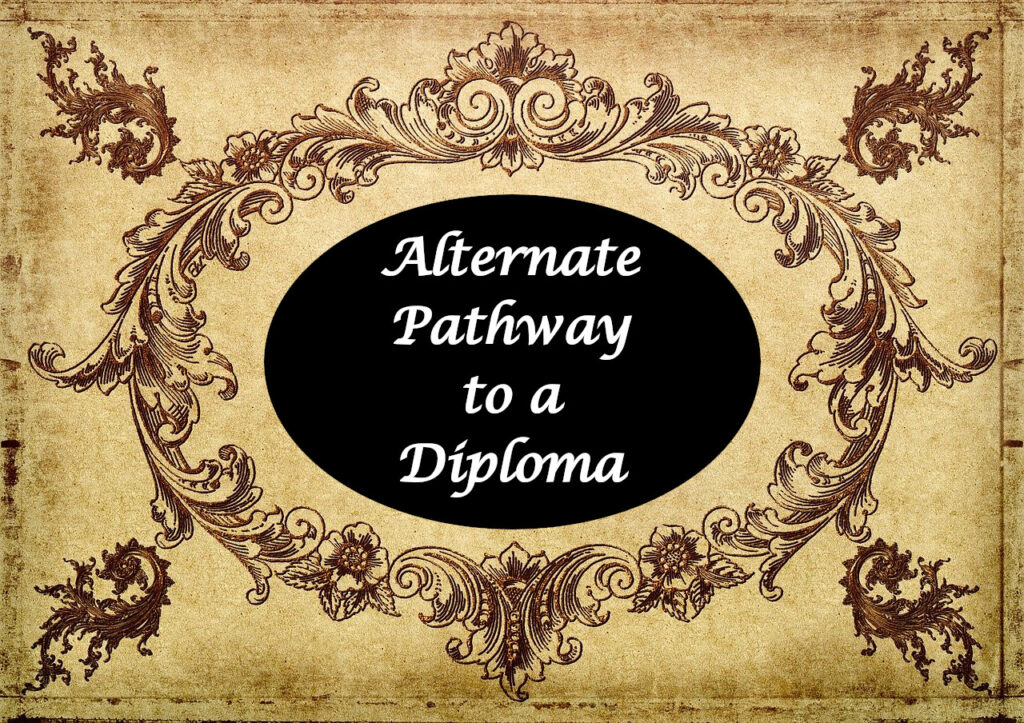Starting in January 2024, California now requires school districts to provide an alternate pathway to a diploma for high school students with IEPs. At the end of high school, many students with IEPs receive certificates of completion, not a diploma. For many students, this interferes with their ability to pursue degree programs at postsecondary colleges, and interferes with employment options and job training. Many businesses and institutions of higher education do not formally recognize certificates of completion. Most entry-level jobs require candidates to fill out online applications, and their software often screens out applicants who state they have a certificate of completion.
The Individuals with Disabilities Education Act (IDEA) says that children with disabilities have the same rights and the same opportunities as do their peers without disabilities. As many of us know, the difference between the rules and the reality, there is often a substantial difference. After recent changes in federal and California state rules, California is in the process of rolling out the Alternate Pathway to a Diploma. California’s alternate achievement standards are designed for students with significant cognitive disabilities. They must also meet the state’s minimum coursework requirements by taking classes that align with California state standards.
Here are some of the most recent updates on who is eligible for this new diploma route:
1) A student must have a significant cognitive disability and be on track to complete California’s minimum coursework requirements for graduation.
2) Local educational authorities must also exempt qualifying students from any additional local diploma requirements.
3) Students who entered 9th grade during the 2022-2023 school year or later. Students who began high school before that are not eligible. This also means that students graduating at the end of the current 2023-2024 school year are not eligible.
Some other good things to know:
1) There is no requirement that students take the California Alternative Assessment in 11th grade in order for them to be eligible for the alternative diploma. Rather the student’s IEP team must decide whether the student is eligible to take the CAA. It is a subtle difference, yet significant.
2) Districts are not required to inform parents of the alternate pathway to a diploma. They have to offer them to eligible students, and you may need to ask.
3) District have this option available in 2024.
4) Students have until they are 22 years old to complete their coursework and earn their diploma.
For help at your child’s next IEP meeting, more information about our special education advocacy services, or for a FREE 20-minute consultation to see if we are a good fit for you, call or email today!
As parents, we understand. As advocates, we can help.

